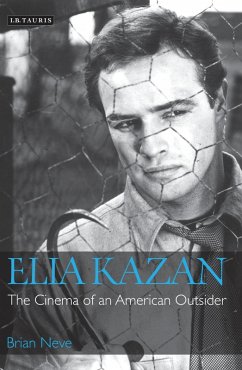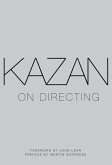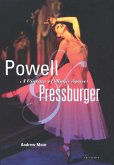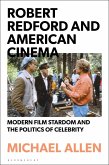In 1999, Elia Kazan (1909-2003) received an honorary Oscar for lifetime achievement; it was a controversial award, for in 1952 he had given testimony to the HUAC Committee, for which he was ostracized by many. That Oscar also acknowledged Kazan's remarkable contribution to American and world cinema, making such films as "On the Waterfront" and "A Streetcar Named Desire". Kazan's life in the cinema is due a reassessment, one that is presented expertly and gracefully by Brian Neve in this book, drawing on previously neglected and some hitherto untapped sources. Focussing in particular on the producer-director's post-"On the Waterfront", New York based independent work, and on his key artistic collaborations, including those with Tennessee Williams, John Steinbeck and Budd Schulberg, Neve gives a fascinating reassessment of Kazan's famed technique with such actors as Marlon Brando and James Dean, and his lifetime concern to provoke and photograph 'authentic' behaviour. He reveals a pattern, through the films, of personally resonant themes, relating for example to ethnicity and the American immigrant myth.
He reviews Kazan's style, from the colour and wide screen of "East of Eden" to the creative use of location in his Amercian South films, including "Baby Doll". He debates the reception of Kazan's work and the controversy - which dogged his career - of his 1952 Congressional testimony. These elements and more make this a very readable and memorable, fresh portrayal of the film career of this ever fascinating director.
He reviews Kazan's style, from the colour and wide screen of "East of Eden" to the creative use of location in his Amercian South films, including "Baby Doll". He debates the reception of Kazan's work and the controversy - which dogged his career - of his 1952 Congressional testimony. These elements and more make this a very readable and memorable, fresh portrayal of the film career of this ever fascinating director.









